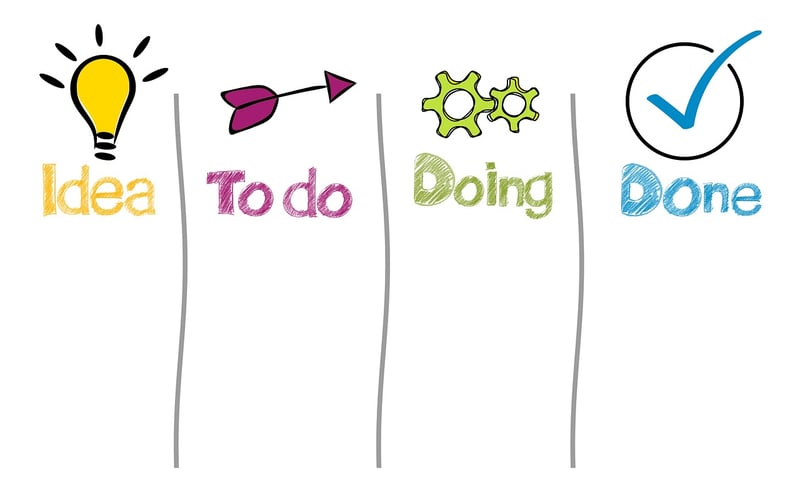Causality Management
Avoiding Disruptions in Time + Causality Management
Time and causality management are crucial aspects of maintaining order and efficiency in various aspects of life. Whether in personal relationships, work environments, or project management, understanding how to avoid disruptions in time and causality can lead to improved outcomes and reduced stress. Let's delve into some strategies to help you navigate these challenges successfully.
1. Prioritize Tasks Effectively
One of the key factors in managing time and causality is prioritizing tasks effectively. By identifying and focusing on high-priority tasks first, you can ensure that essential activities are completed on time, reducing the risk of disruptions to the overall flow of your projects or daily routines.

2. Set Realistic Deadlines
Setting realistic deadlines for tasks and projects is essential for maintaining a smooth workflow and preventing disruptions. Avoid overcommitting and allow buffer time for unexpected delays or revisions. This proactive approach can help you stay on track and manage causality effectively.

3. Communicate Clearly
Clear communication is vital in managing time and causality, especially in collaborative environments. Ensure that expectations, timelines, and responsibilities are clearly communicated to all stakeholders to prevent misunderstandings and delays that can disrupt the flow of tasks.
4. Embrace Flexibility
While setting schedules and plans is important, being flexible and adaptable is equally crucial in avoiding disruptions. Unexpected events or changes may occur, and being able to adjust your approach or timelines accordingly can help you maintain control over causality.

5. Reflect and Learn
Periodically reflecting on your time management strategies and project outcomes can provide valuable insights for future improvements. Learning from past experiences, both successes, and challenges, can help you refine your approach to time and causality management effectively.
Conclusion
By implementing these strategies and staying mindful of the interconnected nature of time and causality, you can proactively avoid disruptions and enhance your overall efficiency and effectiveness in various aspects of life. Remember, managing time and causality is not just about ticking off tasks but about creating a harmonious flow that leads to success.
